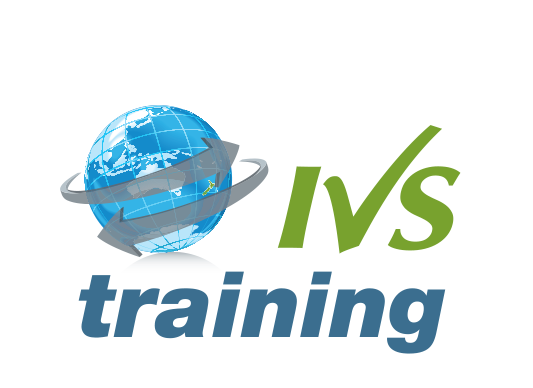Summer Workplace Safety: First Aid Essentials for a Safe Season
As the summer months roll in, many workplaces face unique seasonal safety challenges. From the effects of high temperatures on outdoor workers to the increased likelihood of dehydration, sunburn, and insect stings, keeping employees safe requires extra precautions. Keep reading for a guide to prioritising summer workplace safety.
1. Stay Hydrated to Beat the Heat
Why it matters: Summer heat can quickly lead to dehydration, which impacts both health and productivity. Dehydration reduces focus, increases fatigue, and can even lead to heat exhaustion or heat stroke in extreme cases.
First Aid Tips:
- Recognise symptoms: Train employees to recognise signs of dehydration, including thirst, dry mouth, and fatigue, as well as more serious signs of heat exhaustion like dizziness, poor muscle control, and nausea.
- Know the first aid response: For mild dehydration, encourage employees to sip water slowly. For heat exhaustion, move the person to a cool, shaded area, loosen or remove excess clothing, and apply cool cloths or ice packs to help lower their body temperature.
Prevention: Encourage regular hydration breaks and ensure that water stations are available, especially in hot or outdoor work environments. Set up shaded or cool areas for breaks to help employees recover from the heat.
2. Prevent Sunburn and Heat Rash
Why it matters: Sunburn and heat rash can be uncomfortable and reduce productivity. More importantly, repeated sun exposure increases the risk of long-term skin damage and skin cancer.
First Aid Tips:
- Sunburn: Cool the burn with running water for 20 minutes and encourage the use of aloe-based gels to soothe the skin. Advise against breaking any blisters, as this increases infection risk.
- Heat rash: This can be managed by keeping the affected area dry and cool. Applying a cold compress can help relieve discomfort.
Prevention: Provide or encourage the use of sun-protective gear like wide-brimmed hats, sunglasses, and sunscreen. Set up shaded rest areas for breaks and remind employees to reapply sunscreen regularly.
3. Be Ready for Insect Stings and Bites
Why it matters: Outdoor environments bring workers into contact with insects, increasing the likelihood of stings and bites, which can range from uncomfortable to severe if an allergic reaction occurs.
First Aid Tips:
- Sting treatment: For non-allergic reactions, remove the stinger (scrape it out so you don’t risk compressing it) and apply a cold compress to reduce swelling. Use antihistamine cream or an oral antihistamine to relieve itching.
- Recognise allergic reactions: Signs of anaphylaxis (difficulty breathing, swelling of the face or throat, hives) require immediate action. Call 111, get the person to lie down flat, administer an epinephrine auto-injector (EpiPen) if available, and keep the person calm while waiting for help.
Prevention: Encourage employees to wear long sleeves and pants if possible and to avoid wearing scented products that attract insects. Keep first aid kits stocked with antihistamines, insect repellent, and, if necessary, epinephrine auto-injectors (EpiPen).
4. Ensure First Aid Kits Are Summer-Ready
Why it matters: Summer hazards often require specific first aid supplies. Ensuring your first aid kits are well-stocked and accessible can mean a quicker response to injuries and illnesses.
First Aid Tips:
- Kit essentials for summer: Include extra supplies like electrolyte tablets, aloe vera gel, ice packs, sunscreen, burns dressings, insect sting relief cream, and adhesive bandages for minor cuts and scrapes.
- Quick accessibility: Make sure kits are easily accessible in high-risk areas, such as outdoor worksites, break rooms, and kitchens, so help is always within reach.
Summer brings unique workplace safety challenges, but with proactive measures and comprehensive First Aid training, you can ensure employees remain safe and prepared. From hydration and sun safety to handling insect stings, First Aid training equips teams with essential skills for a safer, more comfortable work season. Investing in these preventative steps and training can help foster a workplace culture that values and prioritises everyone’s well-being.


